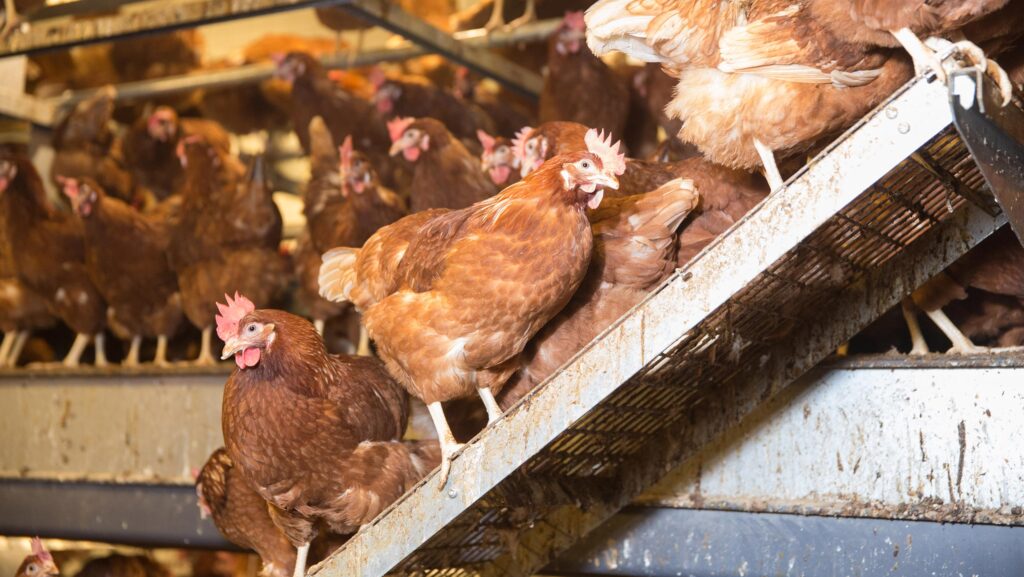Free-range egg labelling rules eased for bird flu outbreaks
 © Tim Scrivener
© Tim Scrivener Egg producers and packers in England and Scotland will no longer need to change how their eggs are labelled during an outbreak of avian influenza, under new measures announced by the government on Tuesday (27 August).
Currently, when mandatory housing orders are in place to protect birds from the spread of disease, eggs from free-range birds can continue to be labelled as “free-range” for the first 16 weeks.
See also: Views sought on egg and poultrymeat marketing rules in Wales
Eggs must then be labelled as “barn eggs”, leading to significant extra costs as packaging has to be changed.
Following an eight-week consultation earlier this year, covering both England and Scotland, Defra has announced that new legislation will be introduced later this year, meaning free-range eggs can continue to be labelled as such, however long the housing order lasts.
Defra rural affairs minister Daniel Zeichner said: “We understand the pressures facing the egg producing sector and the crippling impact that avian influenza outbreaks can have.
“Removing the need to change labels on eggs and packaging will help producers keep costs down and remain competitive.”
A similar consultation to the one conducted in England and Scotland is currently under way in Wales, and runs until 9 September.
UK poultry farms have been free of avian influenza since 29 March 2024.
But while there are currently no outbreaks on commercial farms, the disease continues to be found in wild birds.
As such, the government has launched a £2.3m project, led by the Animal and Plant Health Agency (Apha), alongside the British Trust for Ornithology, RSPB, University of Edinburgh and NatureScot.
They will collect and analyse samples from a range of bird and mammal populations, to better understand how the virus behaves and to fill in current knowledge gaps about its transmission within wild birds, the wider risks to mammals, and how immunity might develop.
